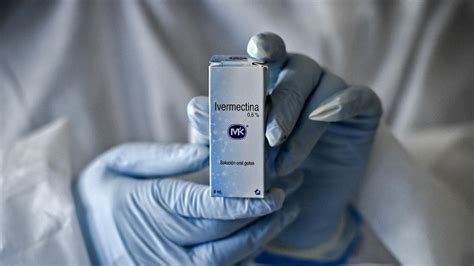To date, very few treatments have been demonstrated to reduce the burden of morbidity and mortality from COVID-19. Although corticosteroids have been proven to reduce mortality in severe disease,1 there has been little convincing evidence on interventions that may prevent disease, reduce hospitalizations, and reduce the numbers of people progressing to critical disease and death.

Ivermectin is a well-known medicine that is approved as an antiparasitic by the World Health Organization and the US Food and Drug Administration. It is widely used in low- and middle-income countries (LMICs) to treat worm infections.2,3 Also used for the treatment of scabies and lice, it is one of the World Health Organization’s Essential Medicines.4 With total doses of ivermectin distributed apparently equaling one-third of the present world population,5 ivermectin at the usual doses (0.2–0.4 mg/kg) is considered extremely safe for use in humans.6,7 In addition to its antiparasitic activity, it has been noted to have antiviral and anti-inflammatory properties, leading to an increasing list of therapeutic indications.8
Data supporting a role of ivermectin in decreasing transmission rates can be found from South American countries where, in retrospect, large “natural experiments” seem to have occurred. For instance, beginning as early as May, various regional health ministries and governmental authorities within Peru, Brazil, and Paraguay initiated “ivermectin distribution” campaigns to their citizen populations.48
In one such example from Brazil, the cities of Itajai, Macapa, and Natal distributed massive amounts of ivermectin doses to their city’s population, where in the case of Natal, 1 million doses were distributed. The distribution campaign of Itajai began in mid-July, in Natal they began on June 30th, and in Macapa, the capital city of Amapa and others nearby, they incorporated ivermectin into their treatment protocols in late May after they were particularly hard hit in April.
The data in Table Table1 were obtained from the official Brazilian government site and the national press consortium and show large decreases in case counts in the 3 cities soon after distribution began compared with their neighboring cities without such campaigns.
Table 1.
Comparison of case count decreases among Brazilian cities with and without ivermectin distribution campaigns.
| Region | New cases | June | July | August | Population 2020 (1000) | % Decline in new cases between June and August 2020 |
| South | Itajaí | 2123 | 2854 | 998 | 223 | – 53% |
| Chapecó | 1760 | 1754 | 1405 | 224 | – 20% | |
| North | Macapá | 7966 | 2481 | 2370 | 503 | – 70% |
| Ananindeua | 1520 | 1521 | 1014 | 535 | – 30% | |
| North East | Natal | 9009 | 7554 | 1590 | 890 | – 82% |
| João Pessoa | 9437 | 7963 | 5384 | 817 | – 43% |
In summary, based on the totality of the trials and epidemiologic evidence along with the preliminary findings of the Unitaid/WHO meta-analysis of treatment RCTs and the guideline recommendation from the international BIRD conference, ivermectin should be globally and systematically deployed in the prevention and treatment of COVID-19.




